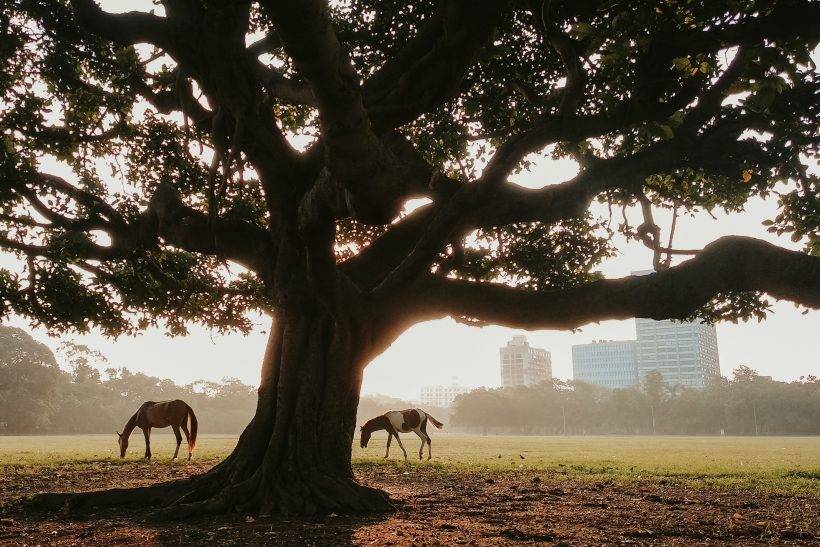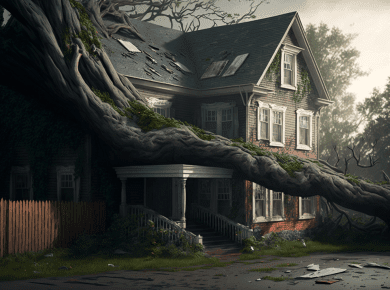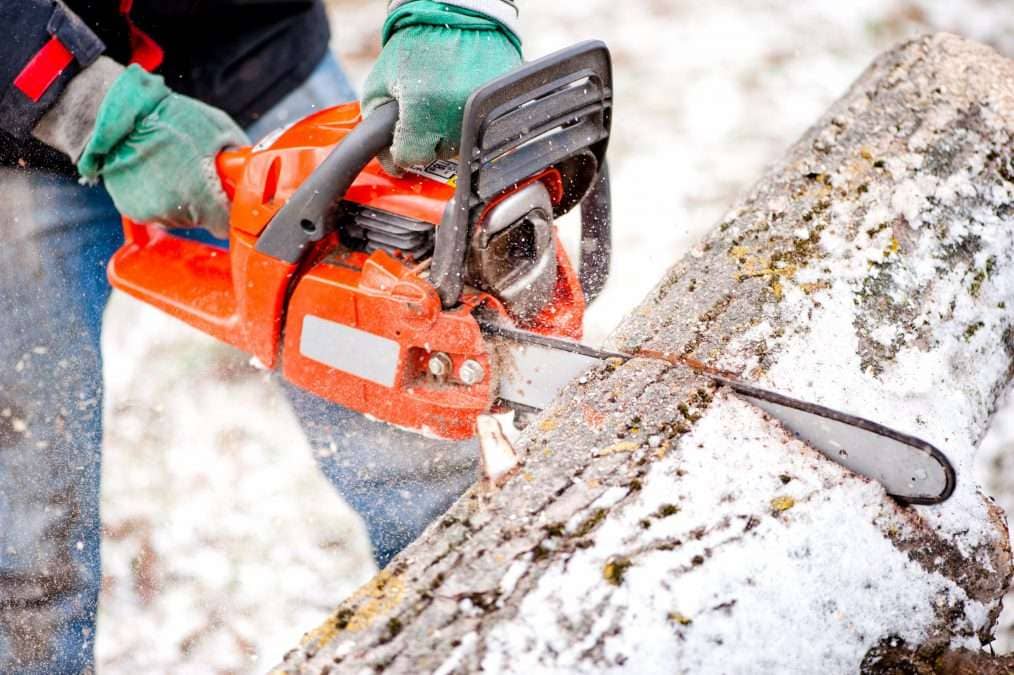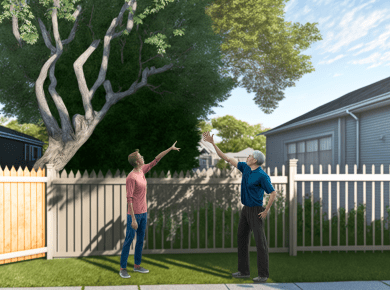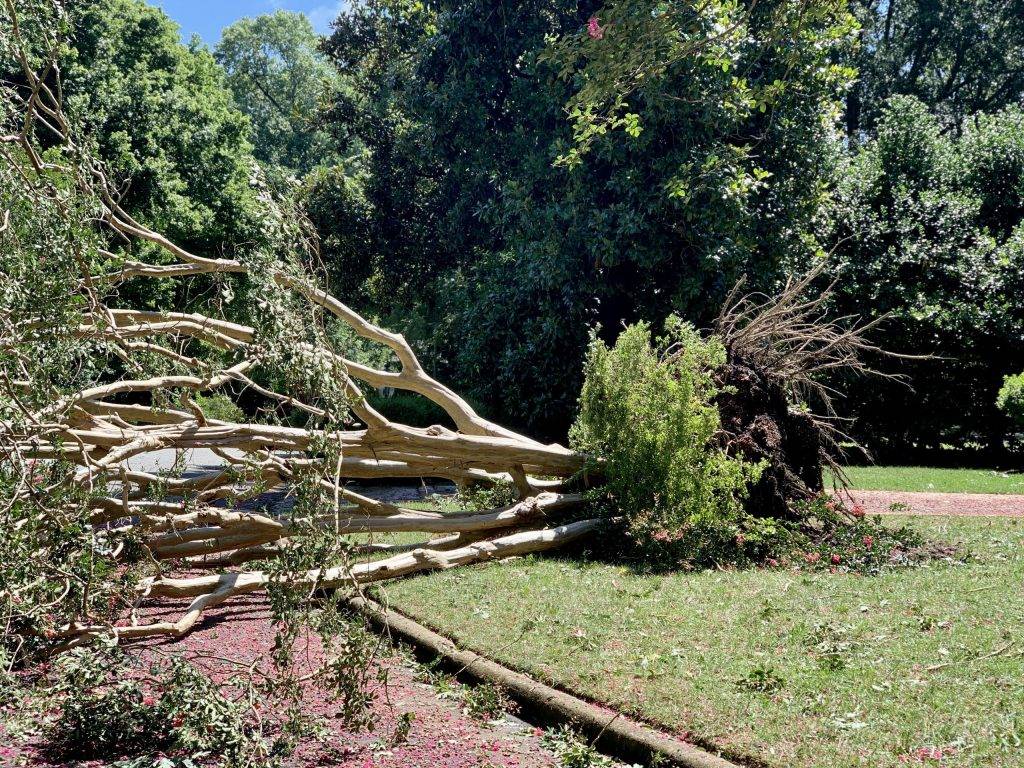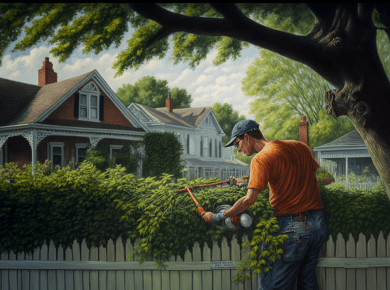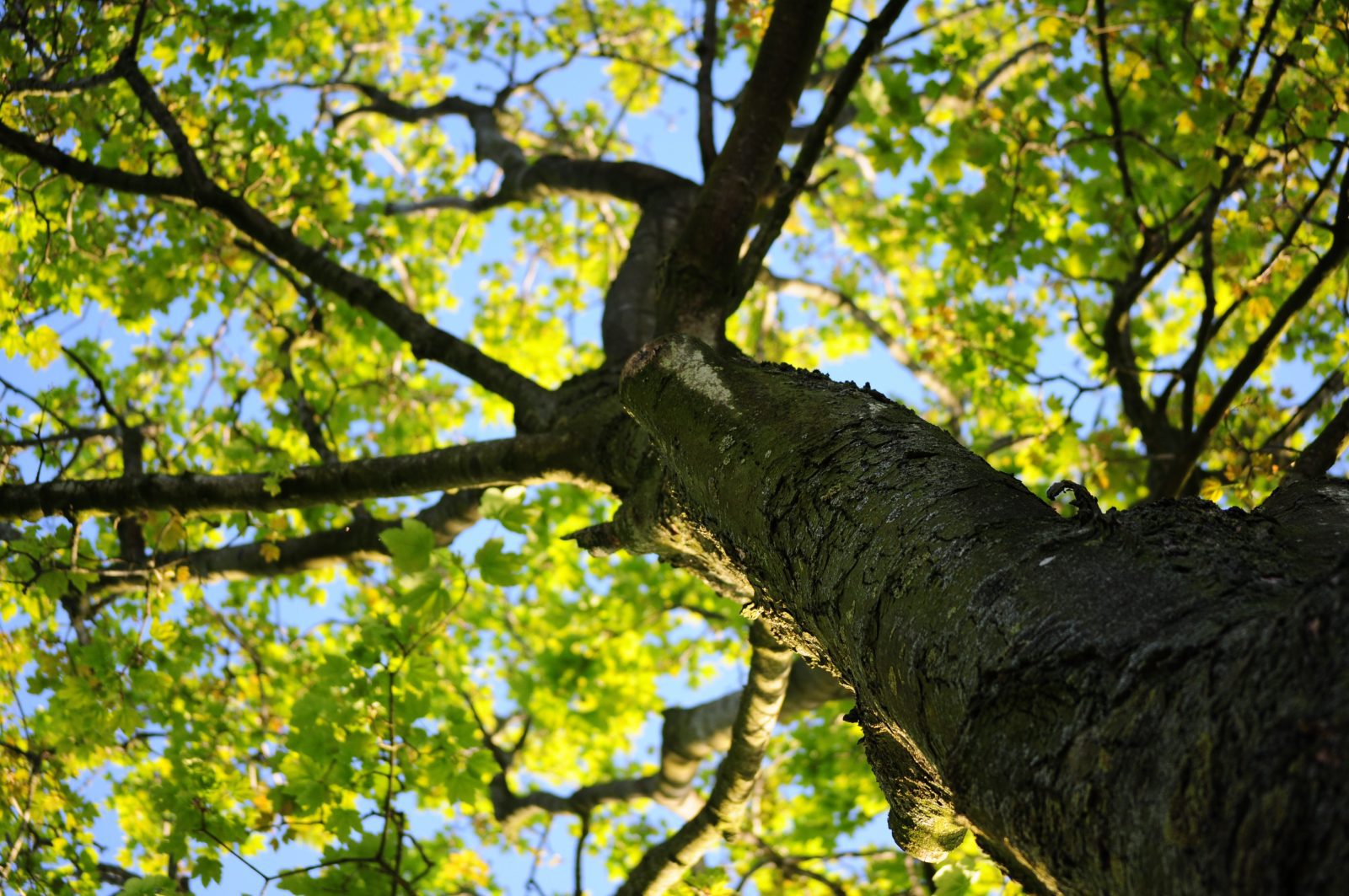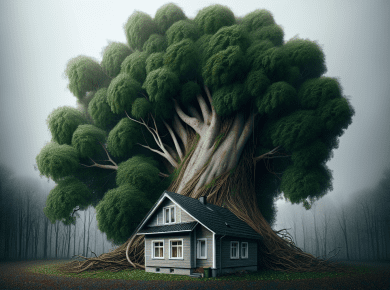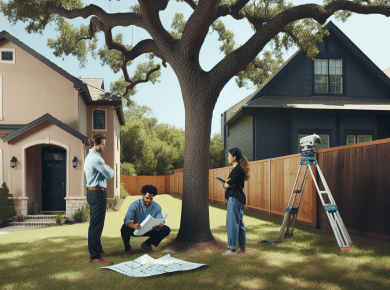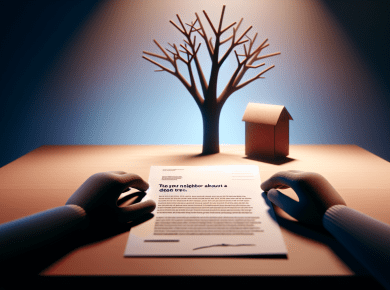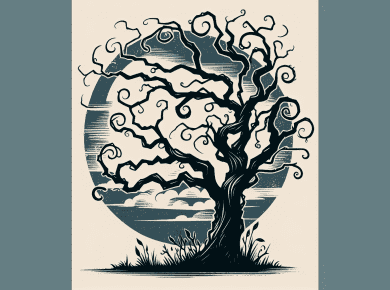Table of Contents
As a homeowner, it can be frustrating and costly when your trees are damaged by neighboring horses. Whether it’s due to nibbling, rubbing, or trampling, tree damage caused by horses can range from simple cosmetic issues to severe structural damage that affects the stability of the tree and poses a safety hazard.
In this comprehensive guide, we’ll cover everything you need to know about the issue of neighbor’s horses damaging trees and what you can do to prevent and resolve these disputes.
Understanding the Problem
The first step in addressing the problem of neighbor’s horses damaging your trees is to understand the reasons why this problem occurs. Horses are naturally curious and may nibble on the leaves, branches, or bark of trees, causing damage and reducing the overall health of the tree.
Horses may also cause damage to trees by rubbing against them or trampling on the roots. To prevent these issues, it’s important to understand the behavior of horses and the type of trees that are most susceptible to damage.
Types of tree damage caused by horses
- Nibble marks on leaves, branches, or bark – Horses are known to nibble on tree leaves, branches, and even the bark, which can lead to defoliation and permanent damage to the tree’s appearance.
- Rub marks on the trunk and branches – Horses may rub their bodies against the tree trunk and branches, which can cause damage to the bark and remove the tree’s protective layer, making it more susceptible to disease and pests.
- Trampled or broken branches – Horses running and playing in a tree’s vicinity can cause branches to break or become trampled, which can weaken the tree’s structure and stability.
- Compacted soil and root damage – Horses constantly walking and grazing near a tree can cause soil compaction, which can negatively impact the tree’s root system and reduce the tree’s ability to absorb water and nutrients.
- Grazing damage to the tree’s crown – Horses may also graze on a tree’s leaves, buds, and twigs, which can damage the tree’s crown and reduce its overall health and vigor.
- Uprooted trees – If a horse rubs or leans heavily against a tree, it can cause the tree to become unstable and potentially uproot, which can cause significant damage to surrounding property and increase the risk of injury.
- Soil erosion near the base of the tree – Horses walking near a tree can cause soil erosion, which can expose the tree’s roots and weaken the tree’s stability.
- Damage to the tree’s bark and cambium layer – The constant rubbing and nibbling by horses can cause significant damage to the tree’s bark and cambium layer, which can reduce the tree’s ability to absorb water and nutrients and increase the risk of disease and pests.
- Reduced tree vigor and health – Damage caused by horses can have a long-term impact on the tree’s overall health and vigor, reducing its ability to grow and survive.
- Increased risk of disease and pests – Trees damaged by horses are more susceptible to disease and pests, which can further weaken the tree and potentially kill it.
- Decreased stability and structural integrity of the tree – Damage caused by horses can decrease the stability and structural integrity of the tree, making it more likely to fall or break during wind or other weather events.
- Increased risk of falling branches and tree failure – Trees damaged by horses may be more likely to experience branch failure, which can pose a significant risk to people and property in the vicinity.
Legal Considerations when a neighbor’s horses damaged your trees
When it comes to legal considerations, there are a number of things to keep in mind when dealing with the issue of neighbors and their horses damaging trees. First, it’s important to understand local laws and regulations that govern tree cutting and damage, as well as property line disputes.
Depending on the location, there may be specific regulations that dictate how trees can be cut and who is responsible for tree maintenance. In the case of damages caused by neighbors and their horses, it may be possible to seek compensation for damages.
However, it’s important to understand that the process for seeking compensation can vary depending on the specific circumstances of the case and the laws in your area.
Preventing and Resolving Disputes
The best way to avoid disputes over tree damage caused by neighbors and their horses is to communicate openly and effectively with your neighbor. This may involve discussing the issue and finding a solution that works for both parties. For example, you may be able to agree on a fence or barrier to keep horses away from trees, or to trim branches to make them less appealing to horses.
If a dispute cannot be resolved through open communication, alternative dispute resolution methods such as mediation or arbitration can be used. Mediation involves a neutral third party who helps both parties come to an agreement, while arbitration involves a binding decision made by an arbitrator.
Protecting Your Trees
In addition to resolving disputes, there are several practical steps you can take to protect your trees from damage caused by neighbors and their horses. For example, proper tree maintenance, such as trimming branches and removing dead wood, can make trees less appealing to horses and reduce the risk of damage. Fencing or other physical barriers can be effective in preventing horses from accessing trees.
Another option is to invest in tree insurance, which can provide coverage for tree damage and other related expenses. Tree evaluations can also be useful in determining the health and stability of your trees and assessing the risk of damage from horses. A qualified arborist can provide an evaluation and make recommendations for tree maintenance and protection.
Conclusion
Neighbor’s horses damaging your trees can be a difficult and time-consuming problem, but it doesn’t have to be. By understanding the problem, exploring legal considerations, preventing and resolving disputes, and protecting your trees, you can minimize the impact of this issue on your property and the environment.
If you have any questions or concerns, it’s always best to consult with a legal professional for guidance on these matters. With proper knowledge and steps taken, you can prevent and resolve disputes with neighbors over tree damage caused by their horses.
